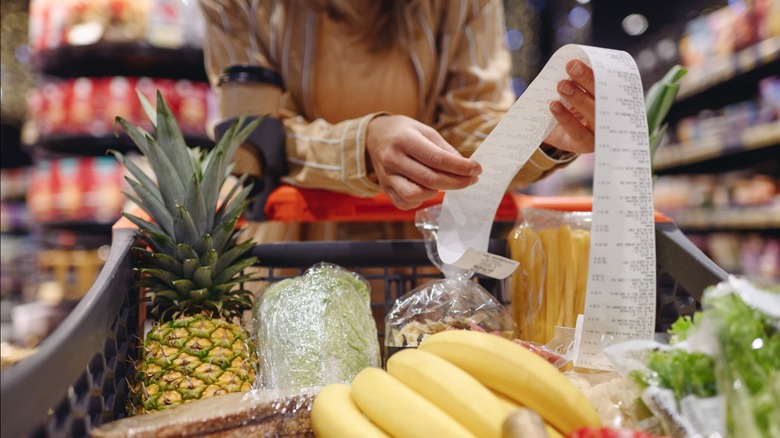What Exactly Are Salvage Grocery Stores?
If you're looking for lower prices on common grocery staples — which, who isn't these days — and if you've never heard of a salvage grocery store, it may become your new favorite go-to for grocery savings. Salvage grocery stores, sometimes referred to as outlet grocery stores, are non-chain establishments across the U.S. that sell items you would normally find in mainstream grocery stores except at a deep discount, sometimes priced at more than 50% off the original retail value. The reason behind these bargain grocery stores is due to minor problem occurring among items and the desire to not only save the products but to also provide savings to consumers who don't mind a few flaws.
The less-than-perfect products within a salvage grocery store come from regular grocery stores, manufacturers and distributors because the products having encountered some sort of inconsistency that deems them unsellable under quality retail grocery standards. Issues with items can include: dented canned goods, torn or missing labels, packaging errors, imperfect produce, passed or nearing sell-by and expiration dates. Rather than these items being automatically discarded, they're sent to reclamation warehouses where they'll either be donated to food banks, or sold as inventory to salvage grocers. The products are then granted a second chance on a shelf for consumer purchase, while at the same time reducing chances of food waste.
What to know before you go
Not all salvage grocery stores will have the same inventory as conventional ones; also the selection of goods is likely to be different each time. Salvage grocery stores might have within their return policy that their inventory is final sale and therefore cannot be returned or exchanged. The payment methods accepted at salvage grocery stores could also be non-traditional and only accept cash.
If you're concerned about the safety of some items sold at salvage grocery stores, like purchasing groceries passed their best buy dates, it is legal under federal law to sell and purchase these foods with the exception for baby formula and baby food. However you'll still will want to use your best judgment on whether a food item passed it's sell-by or expiration date appears safe to consume. The FDA recommends consumers follow the same safety precautions when buying products at salvage grocery stores as they would when buying products anywhere else.
Although a salvage grocery shopping trip does require some strategy, it can be a helpful resource to utilize when trying to grocery shop on a budget. Not only will your wallet say, "thank you" the planet will too!

